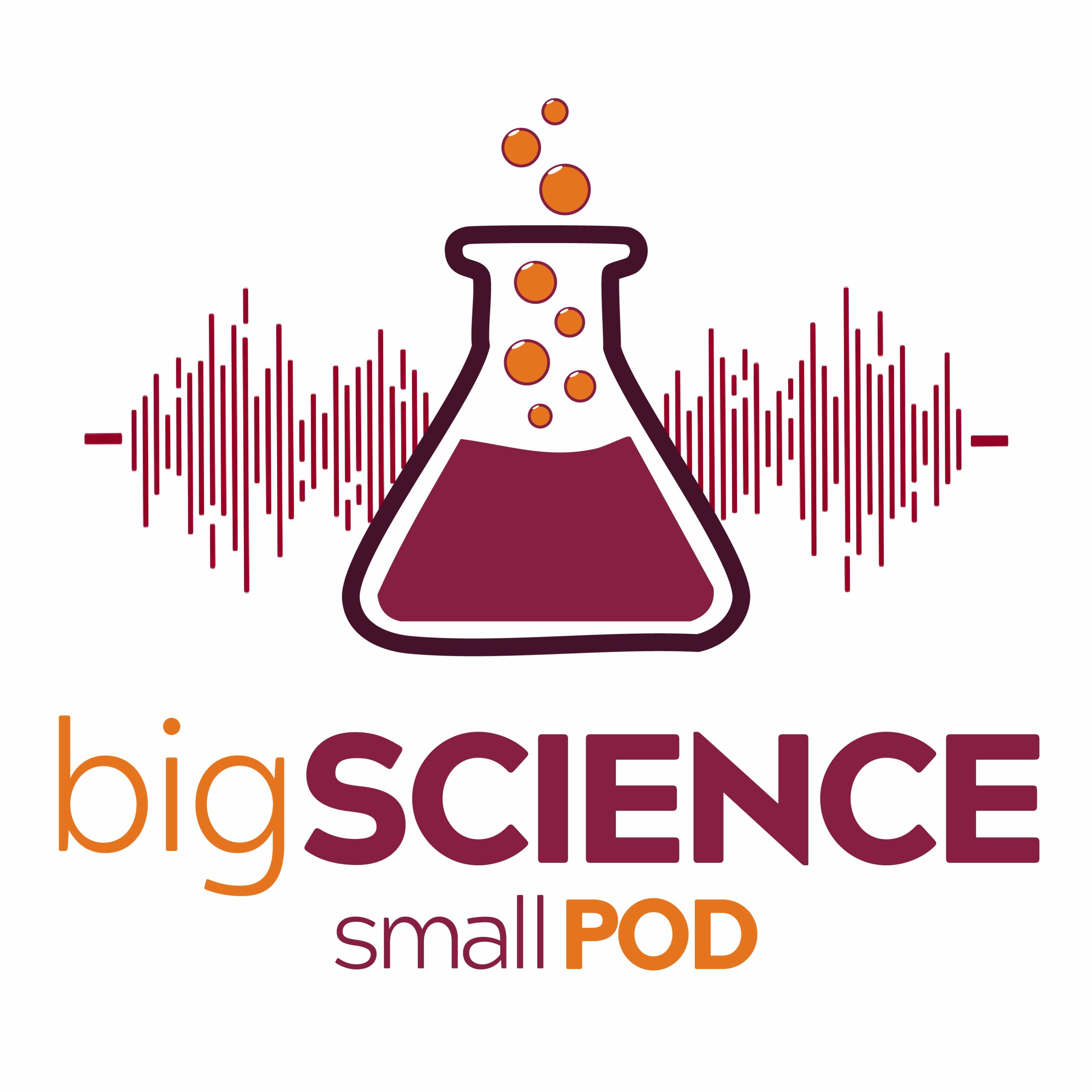Pocket Science

Pocket Science
Podcast Description
A compact guide to how your body works, powered by the world-class scientists of Virginia Tech’s Fralin Biomedical Research Institute. The Fralin Biomedical Research Institute at VTC is one of the nation’s fastest-growing academic biomedical research enterprises and a destination for world-class researchers. The institute’s scientists focus on diseases that are the leading causes of death and suffering in the United States, including brain disorders, heart disease, and cancer.
Podcast Insights
Content Themes
The podcast emphasizes themes around biomedical research and health, with specific focuses on nutrition, brain function, and chronic diseases. An example episode discusses the impact of ultra-processed foods on health and the psychological aspects of food addiction, featuring insights from researchers on how our modern food landscape affects our choices.

A compact guide to how your body works, powered by the world-class scientists of Virginia Tech’s Fralin Biomedical Research Institute. The Fralin Biomedical Research Institute at VTC is one of the nation’s fastest-growing academic biomedical research enterprises and a destination for world-class researchers. The institute’s scientists focus on diseases that are the leading causes of death and suffering in the United States, including brain disorders, heart disease, and cancer.
Lining the vessels that carry blood and oxygen to your brain, there’s a protective filter than keeps bad stuff from getting out of the bloodstream and into the brain where it can do harm. It’s called the blood-brain barrier. But this feature becomes a problem when doctors need to get chemotherapy to a brain tumor. That protective barrier then stands between cancer and drugs that could treat it.
Physician-scientist Cheng-Chia “Fred” Wu of the Fralin Biomedical Research Institute is investigating how to use sound to temporarily open that barrier to allow cancer drugs to reach brain tumors, like those caused by the highly lethal childhood cancer he treats, diffuse midline glioma.
“As a radiation doctor, I point beams to fight cancer. That’s what we do. Point and shoot,” Wu said. “Ultrasound is very similar to radiation in many ways … and so when I first learned about it, I just felt that this was a technology that can really be transformative.”

Disclaimer
This podcast’s information is provided for general reference and was obtained from publicly accessible sources. The Podcast Collaborative neither produces nor verifies the content, accuracy, or suitability of this podcast. Views and opinions belong solely to the podcast creators and guests.
For a complete disclaimer, please see our Full Disclaimer on the archive page. The Podcast Collaborative bears no responsibility for the podcast’s themes, language, or overall content. Listener discretion is advised. Read our Terms of Use and Privacy Policy for more details.